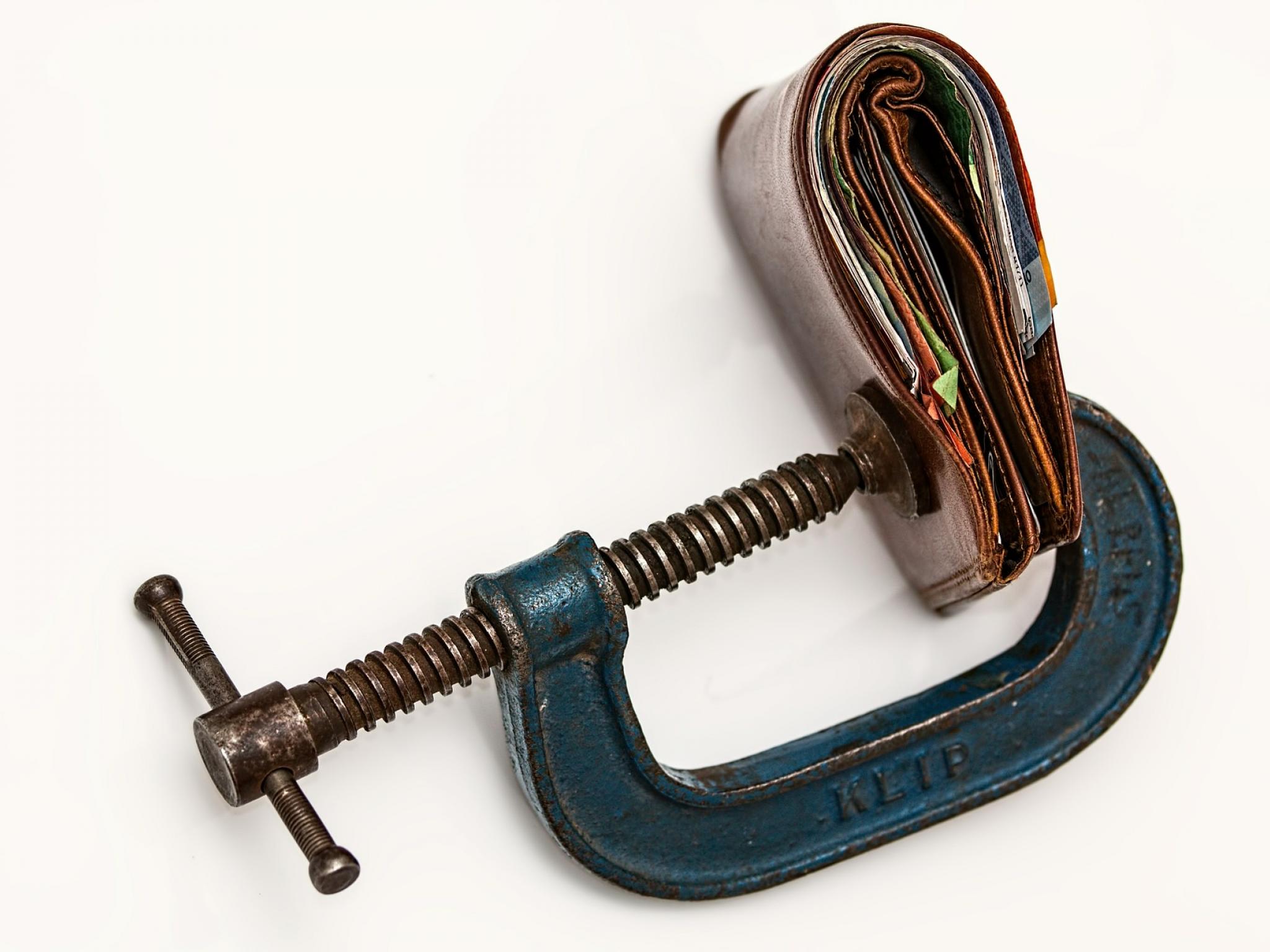
Another hot consumer price index (CPI) reading for September means the Federal Reserve will continue to aggressively tighten monetary policy for the time being. Following the latest inflation data, Bank of America economist Michael Gapen said the chances of at least two more 0.75% Fed interest rate hikes are rising as the central bank fights to avoid a dreaded wage-price spiral that could get out of control.
The Numbers: On Thursday, the U.S. Labor Department reported the consumer price index gained 8.2% in September, exceeding economist estimates of 8.1%. Core CPI inflation, which excludes volatile food and energy prices, was up 6.6% compared to economist estimates of 6.5%.
Related Link: Historic S&P 500 Comeback Runs Out Of Steam: What Are The Market Catalysts Ahead?
While the deadline CPI growth peaked at 9.1% in June, Gapen said year-over-year core CPI growth of 6.6% in September was a 40-year high. He said the inflation data somewhat simplified the Fed's narrative for now, and the central bank's top priority is to "break the labor market."
"The minutes noted further upside risks to inflation, including from another leg up in energy prices or from the emergence of a wage-price spiral," Gapen said.
Related Link: Fed Minutes Warn Investors Interest Rates May Be Higher For Longer
Interest Rate Outlook: A wage-price spiral occurs when a prolonged period of inflation leads to an uptick in wage growth, creating a positive feedback loop that sends inflation and wages increasingly higher.
For now, Bank of America projects a fourth consecutive 0.75% Fed rate hike in November followed by another 0.5% rate hike in December.
Yet Gapen said the chances of a fifth 0.75% rate hike in December are rising. In fact, the bond market is pricing in a 65.3% chance of a 0.75% December rate hike, up from just a 6% chance a month ago.
Benzinga's Take: The SPDR S&P 500 ETF Trust (NYSE:SPY) opened Monday's session higher by 2.5%, but it remains down 23.3% overall in 2022.
Inflation is the top concern for both investors and the Fed heading into the end of the year, and it's unlikely the stock market will be able to sustain an extended rally until it's clear the Fed has finally gotten inflation under control and headed back down toward its 2% target.







